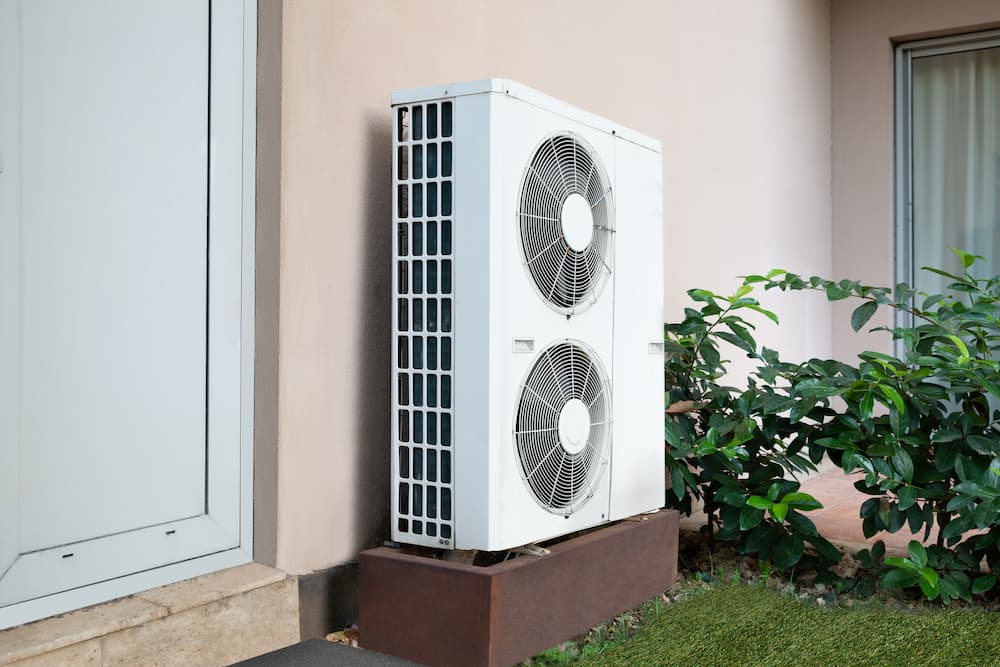
Image Source – Google
In the age of climate change and environmental awareness, finding energy-efficient heating and cooling solutions is crucial. Ductless heat pumps are one such solution that not only provide comfort and convenience but also offer significant environmental benefits. Let's explore why ductless heat pump solutions are considered environmentally friendly.
Reduced Energy Consumption
Ductless heat pumps operate on the principle of transferring heat from one place to another rather than generating heat through combustion, as traditional heating systems do. This process minimizes energy consumption and reduces the carbon footprint associated with heating and cooling your home.
Key points on how ductless heat pumps reduce energy consumption:
- Efficient heat transfer technology
- No energy loss through ductwork
- Zoned heating and cooling for targeted comfort
Lower Emissions
By using ductless heat pump solutions, you can significantly lower your greenhouse gas emissions and contribute to a cleaner environment. Traditional heating systems that rely on fossil fuels release harmful emissions into the atmosphere, leading to air pollution and climate change. Ductless heat pumps offer a more sustainable alternative by operating on electricity and producing fewer emissions.
Benefits of lower emissions with ductless heat pumps:
- Reduced carbon footprint
- Improved air quality in and around your home
- Contribution to global efforts to combat climate change
Energy Efficiency
Another environmental advantage of ductless heat pumps is their high energy efficiency. These systems are designed to deliver precise heating and cooling to individual rooms or zones, eliminating the need to waste energy on heating or cooling unoccupied spaces. By optimizing energy usage, ductless heat pumps help conserve resources and reduce overall energy consumption.
Ways ductless heat pumps promote energy efficiency:
- Customizable temperature control for each area of your home
- Smart technologies for optimal energy management
- Seasonal energy efficiency ratio (SEER) ratings for eco-friendly operation
Renewable Energy Integration
As the demand for renewable energy sources grows, ductless heat pumps offer a seamless integration option for homeowners looking to transition to a more sustainable energy system. These systems can easily be powered by electricity generated from renewable sources such as solar or wind, further reducing reliance on non-renewable energy and promoting a greener lifestyle.
Advantages of integrating ductless heat pumps with renewable energy:
- Enhanced sustainability through clean energy usage
- Reduced dependence on fossil fuels
- Lower operating costs with renewable energy incentives
Long-Term Savings
While the initial investment in ductless heat pump solutions may seem higher compared to traditional heating systems, the long-term savings they offer make them a cost-effective and environmentally friendly choice. By reducing energy consumption and lowering utility bills, ductless heat pumps not only benefit the environment but also provide significant financial advantages to homeowners.
Financial benefits of choosing ductless heat pump solutions:
- Lower monthly energy bills
- Increased home value with energy-efficient upgrades
- Potential eligibility for tax credits and rebates for energy-efficient equipment
Conclusion
As awareness of environmental issues continues to grow, the importance of choosing eco-friendly heating and cooling solutions becomes increasingly evident. Ductless heat pumps offer a sustainable and energy-efficient option that benefits both the environment and homeowners. By reducing energy consumption, lowering emissions, promoting energy efficiency, integrating with renewable sources, and providing long-term savings, ductless heat pumps prove to be a wise investment for a greener future.